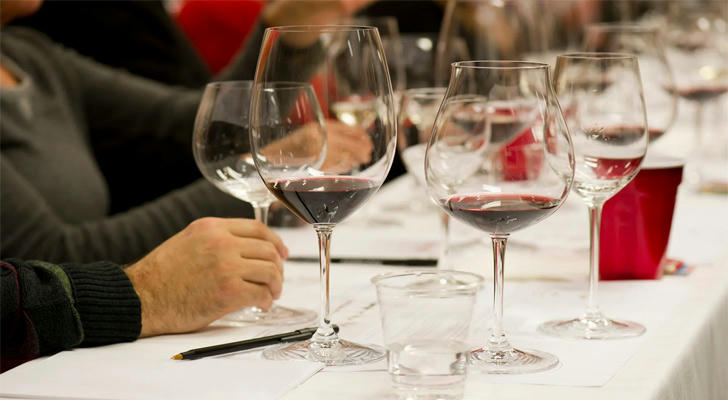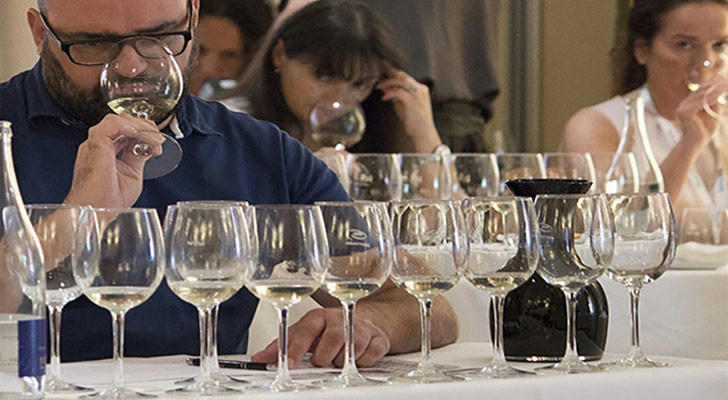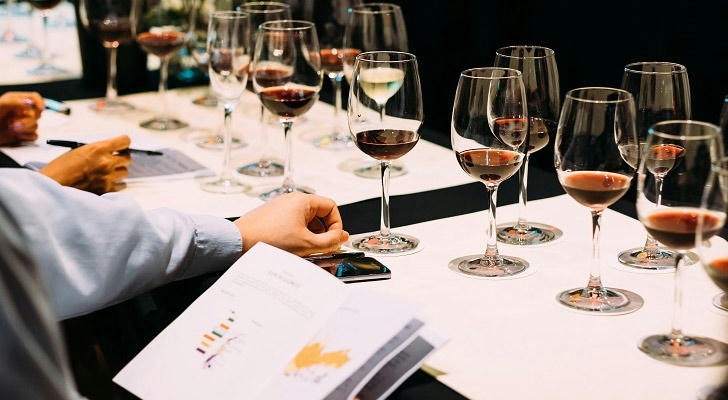Why You Should Consider Taking a Wine Certification Course (And How It Can Actually Make You Sound Like a Pro)
Wine is delicious—but let’s be honest, sometimes it’s hard to tell if you're holding a $10 bottle or a Michelin-star-worthy vintage. If you've ever felt unsure at a wine tasting or nervously picked the cheapest bottle on the menu, you're not alone. Fortunately, wine certification courses exist to help you sound like you actually know what you're talking about—whether you're impressing friends, clients, or a sommelier.

What is a Wine Certification Course?
A wine certification course is an educational program designed to teach you the basics of wine—everything from tasting techniques to understanding grape varieties, regions, and production methods. Well-known organizations offering these courses include the Wine & Spirit Education Trust (WSET), the Court of Master Sommeliers (CMS), and the Institute of Masters of Wine (IMW).
For example, WSET Level 1 is great for beginners, focusing on wine tasting, grape varieties, and food pairings. As you progress, WSET Level 3 delves deeper into the science of wine production, terroir, and more detailed tasting analysis.

Why Should You Take a Wine Certification Course?
1. Because You’ll Sound Like a Pro (Even If You’re Faking It)
A key benefit of wine courses is the language they give you. Imagine at a dinner party, confidently saying, “I recommend a Pinot Noir from Oregon—its cool climate enhances those earthy, red berry notes.” You’ll impress everyone without breaking a sweat.
Take Sarah, who completed WSET Level 2. Before the course, she had little knowledge of wine regions or grape varieties. Afterward, she could explain why Napa wines are fruit-forward, while Bordeaux wines are tannic. Sarah’s newfound expertise made her the go-to wine expert among her friends. This is a common outcome—WSET Level 2 helped over 35,000 people in 2022, giving them the confidence to speak about wine with ease.
2. Career Benefits: Not Just for Wine Geeks
Wine certifications can also help you advance in your career, especially in industries like hospitality or retail. John, a wine shop owner in Boston, struggled to answer detailed customer questions before completing WSET Level 3. After the course, he could confidently discuss terroir, wine regions, and trends. His expertise contributed to a 20% sales increase within six months.
John’s experience mirrors industry trends. A National Restaurant Association report found that restaurants with certified sommeliers saw a 15-20% increase in wine sales. Knowledgeable staff drive better recommendations, boosting profits and customer satisfaction.
In high-end restaurants, sommeliers with certifications like CMS Certified Sommelier can earn upwards of $100,000 a year, including tips. Prestigious places like The French Laundry seek sommeliers with CMS credentials to ensure expert wine pairings and service.
3. Tasting Wine Like a Master
Wine tasting isn’t just about sipping and saying, “That’s red.” It’s about recognizing acidity, tannins, and body, and understanding how they contribute to the overall flavor. Certification courses teach you how to do this.
Take Marcus, a software engineer in New York, who completed WSET Level 3 in 2021. He went from casually drinking wine to identifying specific grape varieties and oak influences. Marcus’ friends now turn to him for wine advice, and he even started hosting wine tasting events. According to a 2023 Wine Business Monthly study, graduates of WSET Level 3 reported increased confidence in identifying wine characteristics, making them better at choosing and describing wines.
4. Meet Like-Minded Wine Lovers
Wine courses also offer excellent networking opportunities. Emily, who attended WSET Level 1 in London, bonded with classmates who shared her passion for wine. They formed a wine tasting club, traveled together to vineyards, and learned more in a social setting. Many wine enthusiasts cite this sense of community as a big plus. A WSET survey found that over 70% of alumni made valuable connections during their studies, whether through classmates or industry events. These connections can lead to job opportunities or simply enrich your wine knowledge.

How to Choose the Right Wine Certification Course?
When selecting a wine certification, think about your level of experience. WSET Level 1 or CMS Introductory Sommelier is ideal for beginners. These courses cover the basics of tasting, terminology, and food pairings.
For those with some wine knowledge, WSET Level 2 or CMS Certified Sommelier will offer a deeper dive into regions, tasting techniques, and production science.
If you're aiming for the highest qualification, the IMW’s Master of Wine program is one of the most prestigious, but be warned: less than 400 people worldwide have earned it.

Conclusion
Wine certification courses aren’t just for sommeliers or hardcore wine geeks—they’re for anyone who wants to improve their wine knowledge and sound like a pro. Whether you're aiming to boost your career, impress your friends, or enjoy wine more, these courses provide practical, valuable knowledge that makes a difference. So take the plunge—you might just become the wine expert everyone turns to for recommendations. Cheers to that!
